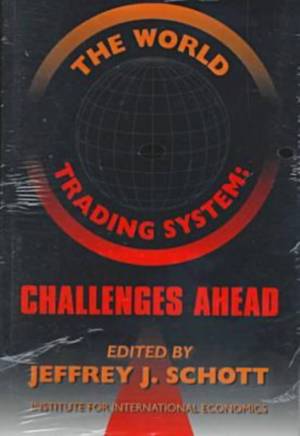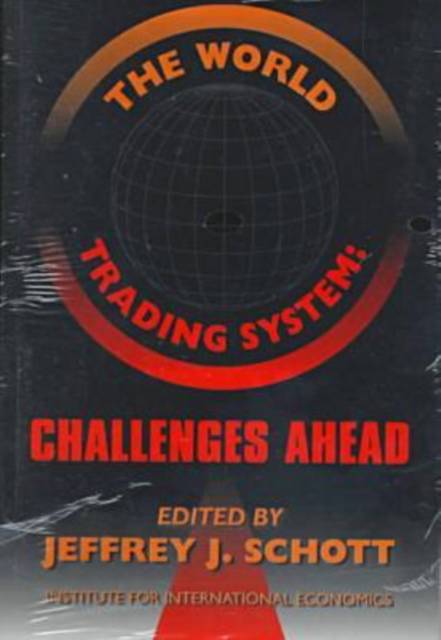
- Retrait gratuit dans votre magasin Club
- 7.000.000 titres dans notre catalogue
- Payer en toute sécurité
- Toujours un magasin près de chez vous
- Retrait gratuit dans votre magasin Club
- 7.000.0000 titres dans notre catalogue
- Payer en toute sécurité
- Toujours un magasin près de chez vous
Description
Trade experts from around the world discuss challenges confronting the World Trade Organization (WTO) as it charts its course for the years ahead. The authors offer recommendations to deal with important issues such as investment, competition and antidumping policy, environment and trade, labor standards, and Chinese accession to the WTO. Analysis of the implementation of the Uruguay Round accords, the breadth and scope of remaining barriers to trade that could be the subject of new liberalization efforts, the compatibility or inconsistency of regional and multilateral initiatives, and the political support in major trading countries for new WTO negotiations are also discussed. The overview and conclusions also appear in a separate monograph by Jeffrey J. Schott.
Jeffrey J. Schott joined the Peterson Institute for International Economics in 1983 and is a senior fellow working on international trade policy and economic sanctions. During his tenure at the Institute, Schott was also a visiting lecturer at Princeton University (1994) and an adjunct professor at Georgetown University (1986-88). He was a senior associate at the Carnegie Endowment for International Peace (1982-83) and an official of the US Treasury Department (1974-82) in international trade and energy policy. During the Tokyo Round of multilateral trade negotiations, he was a member of the US delegation that negotiated the GATT Subsidies Code. Since January 2003, he has been a member of the Trade and Environment Policy Advisory Committee of the US government. He is also a member of the State Department's Advisory Committee on International Economic Policy.
Spécifications
Parties prenantes
- Auteur(s) :
- Editeur:
Contenu
- Nombre de pages :
- 352
- Langue:
- Anglais
Caractéristiques
- EAN:
- 9780881322354
- Date de parution :
- 01-12-96
- Format:
- Livre broché
- Format numérique:
- Trade paperback (VS)
- Dimensions :
- 154 mm x 232 mm
- Poids :
- 494 g

Les avis
Nous publions uniquement les avis qui respectent les conditions requises. Consultez nos conditions pour les avis.






